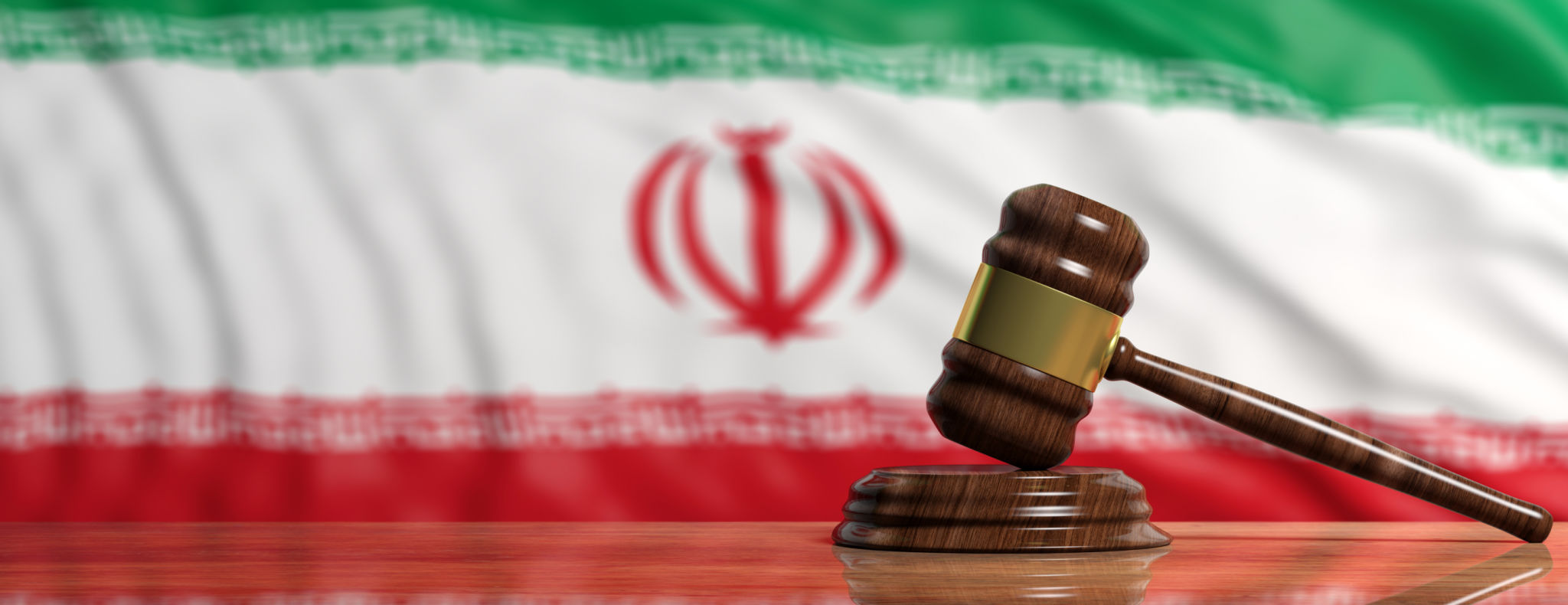Understanding the Iranian Legal System: A Comprehensive Guide
Introduction to the Iranian Legal System
The Iranian legal system is a unique blend of civil law and Islamic law, known as Sharia. This fusion creates a complex yet fascinating framework that governs the country. Understanding the intricacies of this system requires an appreciation of its historical roots and contemporary applications.

Historical Background
The Iranian legal system has evolved over centuries, influenced by various dynasties and the Islamic revolution in 1979. Before the revolution, Iran's legal structure was heavily based on secular civil codes inspired by European models. However, post-revolution, the incorporation of Sharia principles became predominant, reshaping the legal landscape significantly.
The Role of Sharia in the Legal System
Sharia law plays a central role in Iran's legal framework. It encompasses a wide range of religious, moral, and social guidelines rooted in the Quran and Hadiths. These laws are implemented by religious scholars and judges who interpret them according to traditional Islamic jurisprudence. The integration of Sharia into the national legal system reflects Iran's commitment to maintaining its religious identity.

The Structure of Courts
The Iranian judiciary is structured into various courts, each serving specific functions. The hierarchy includes the Supreme Court, public courts, revolutionary courts, and specialized courts. The Supreme Court acts as the highest judicial authority, ensuring consistency and adherence to Sharia across lower courts. Revolutionary courts handle cases related to national security, political offenses, and crimes against the state.
Civil and Criminal Law in Iran
Civil law in Iran covers areas such as family law, contracts, and property rights. It is primarily derived from the Civil Code of Iran, which incorporates both secular and religious elements. Criminal law, on the other hand, is heavily influenced by Sharia, with penalties often prescribed by Islamic texts.

Legal Reforms and Challenges
Over the years, Iran has witnessed numerous legal reforms aimed at modernizing its judiciary while respecting Islamic principles. These reforms focus on improving efficiency, transparency, and justice delivery. However, challenges persist, including international criticisms regarding human rights and equality. Balancing traditional Islamic values with contemporary legal standards remains an ongoing debate within Iranian society.
Understanding Legal Representation
Legal representation in Iran is primarily conducted by attorneys who must be members of the Iranian Bar Association. These professionals are well-versed in both civil and Sharia law, ensuring comprehensive legal support for clients. Foreign nationals seeking legal assistance in Iran should engage local counsel familiar with navigating the complex legal environment.
The Future of the Iranian Legal System
The future of Iran's legal system is likely to involve further integration of technological advancements while adhering to its Islamic roots. Efforts to improve judicial processes through digitalization are underway, aiming to enhance accessibility and efficiency. As global interactions increase, Iran may also face pressures to align with international legal standards without compromising its religious identity.

Conclusion
Understanding the Iranian legal system requires a deep dive into its historical context, religious foundations, and modern-day challenges. While it may be complex, it offers a unique perspective on how a nation can blend tradition with modernity. As Iran continues to evolve, its legal system will undoubtedly remain a topic of interest for scholars and practitioners worldwide.
